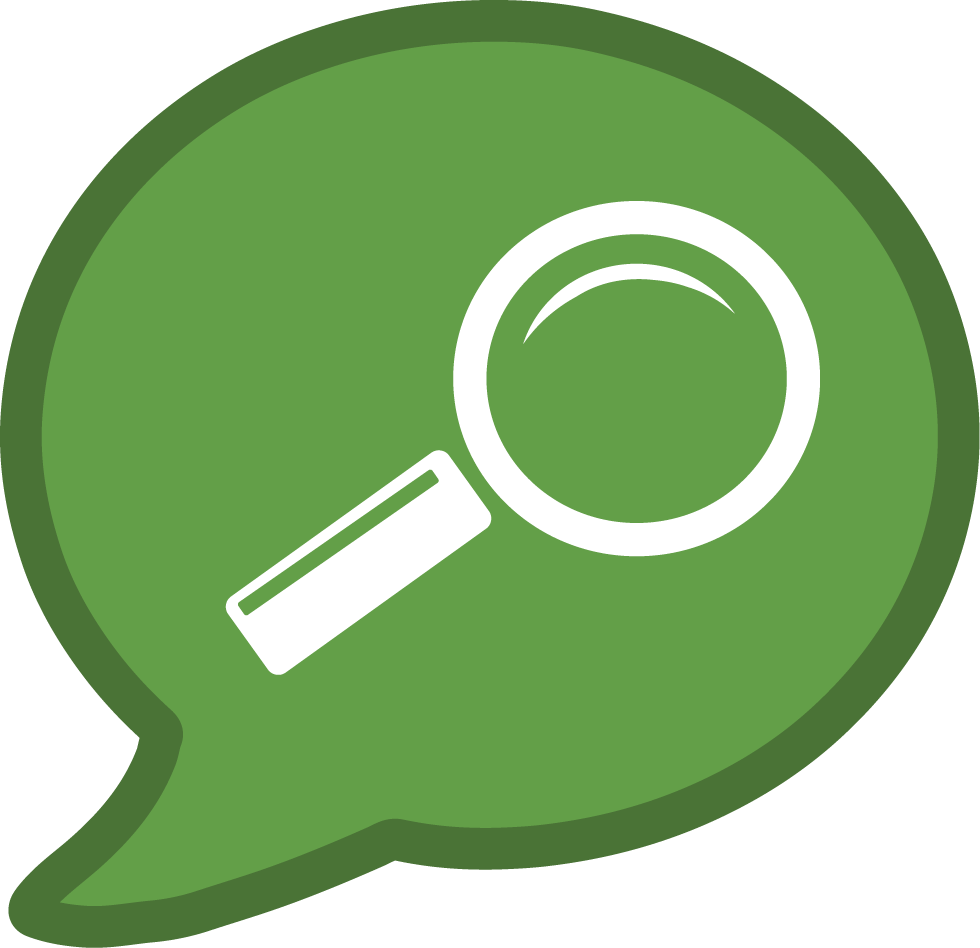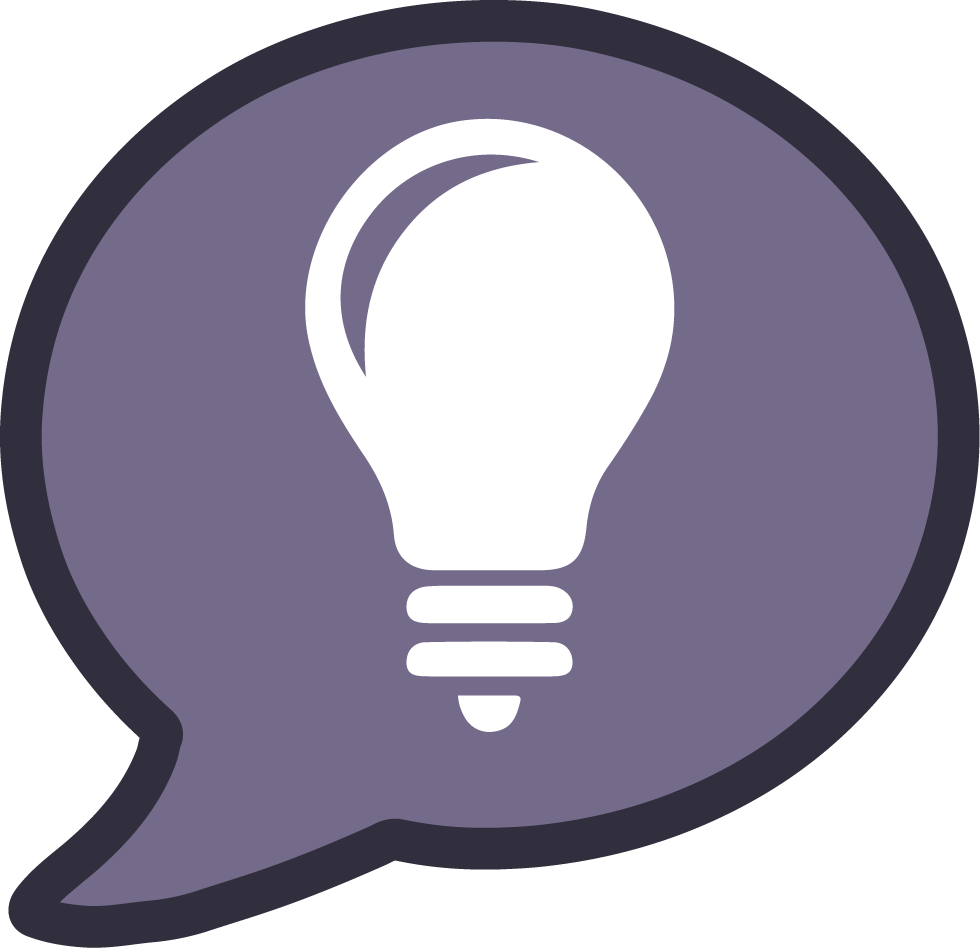
PATH TO PROGRESS
Speech Solutions, LLC
(678) 827-6727
info@p2pspeech.com
We look forward to guiding your child on their Path to Progress!

We look forward to guiding your child on their Path to Progress!
Since the start of the COVID-19 pandemic, Path to Progress has been proudly offering teletherapy services via a HIPAA compliant platform to serve families that prefer a virtual approach to therapy. Through training and direct experience during 2020, our team of SLPs have learned so much and developed their skills and creativity to keep sessions engaging and effective. Our team is committed to continuing to offer this option for families throughout 2021 and beyond. Many insurance plans have extended their coverage to allow telehealth for speech and language services; our billing team is happy to check your benefits!
Path to Progress Speech Solutions LLC is a pediatric speech-language pathology practice that is committed to providing quality speech and language therapy services to children of all ages. Our goal is to guide children with communication disorders and delays towards achieving their full potential by utilizing evidence-based strategies and techniques. Our approach follows the Identify, Understand, and Empowerment philosophy.
At Path to Progress Speech Solutions, we believe in the benefits of providing therapy in a child’s naturalistic environment. Offering our services in the home or school setting allow comfort, convenience, and flexibility for both children and families. We are happy to work with you on scheduling therapy in your home, private school, preschool, or daycare facility.
Path to Progress Speech Solutions, LLC serves North Fulton, Forsyth, Cherokee, Gwinnett, and Dekalb areas including Alpharetta, Johns Creek, Milton, Crabapple, Roswell, Woodstock, Canton, Holly Springs, Sandy Springs, Dunwoody, Brookhaven, Buckhead, Decatur, Peachtree Corners, Duluth, Suwanee, and Cumming, Georgia.


*ASHA Certified Clinicians

Identify the underlying factors contributing to the communication difficulties, concerns, and behaviors.

Understand how these factors are impacting a child's language, learning, play, friendships & overall communication.

Empower children and families by providing tools and strategies for overcoming these struggles.
We understand the importance of feeling comfortable with your child’s clinician and the need to ease your concerns. We are happy to schedule a phone consultation prior to scheduling an evaluation or therapy. We also offer an optional face to face meeting to give you and your child a chance to meet their clinician and establish rapport before their first session. Once the evaluation or therapy is scheduled, this can make it easier to hit the ground running.
We feel strongly that quality evaluations will drive quality interventions and treatments. Path to Progress will provide you with an intake form prior to your child’s evaluation which will detail relevant background history and any concerns about your child’s speech and language development. During the evaluation, we use a combination of standardized assessments, informal observations, language/speech samples, and parent feedback to evaluate a child. We strive to consider not only the areas that your child is struggling with but also his/her strengths. Speech and language evaluations include the testing sessions that are required to obtain necessary data, a detailed written report of findings and recommendations, and if requested, a follow up meeting to discuss the results and recommendations.
Path to Progress provides individual sessions designed to target your child’s unique needs. Quality treatment involves a goal-driven process which encompasses the entire child, as well as their support system. Collaboration with parents, caregivers, teachers, and other therapists are vital to helping a child reach their goals. Speech and language therapy is available to address articulation, feeding/oral motor skills, phonological processes, apraxia of speech, tongue thrust, expressive and receptive language, pragmatic language and social skills, autism spectrum disorders, pre-literacy skills, auditory processing, executive functioning, fluency/stuttering, and early intervention.
Many children with pragmatic difficulties that are successful with individual therapy benefit from a group approach. When appropriate, we group children together who are struggling with peer relationships, conversational skills, and are experiencing frustration communicating with others. Social environments require social rules, perspective taking, and social thinking that are difficult for some kids. Our groups provide training on social thinking, the appropriate use of language, and nonverbal communication and while incorporating recreational activities in real-life settings.
Screenings are offered in preschools, pediatrician’s offices, and individually by appointment. The purpose of this early identification program is to look for any factors that could be affecting a child’s success with learning and communicating in their classroom and home environments. Research has proven that early intervention significantly reduces or eliminates communication problems and helps to prevent accompanying social, emotional, or learning issues that may develop. Screenings are available in the areas of speech, language, hearing, and vision.
We offer a presentation/discussion for school staff members on strategies for identifying and assisting children with communication challenges. Beyond the typical training for educators, our workshops explore the speech and language development of young students and provide strategies to help aid in their communication within the classroom. Receptive/expressive language, stuttering/fluency, speech sound errors, and pragmatics/social interactions are all areas that can affect the communicative abilities of the preschool and elementary aged child. Our goal is to help educators better identify if/when they should be concerned and add some strategies to their teaching toolbox to help better facilitate students’ conversations, modify delivery of instruction for their language-delayed students, and improve their knowledge of how to address speech sound errors and dysfluent speech. We will be happy to modify content to fit the specific needs of your population.
An articulation disorder involves problems producing sounds. Sounds can be substituted, omitted, added or changed. These errors in intelligibility may make it hard for people to understand the child. Articulation therapy focuses on the motor aspects of speech production and the clarity of speech sound production. Articulation therapy follows the hierarchy of sound development beginning in isolation and ending with connected speech. Our therapy involves behavioral techniques, focused on teaching children new sounds in place of incorrect or omitted sounds, with the goal of increasing self-awareness and carryover into conversational speech.
During feeding therapy, we work closely with children and their parents to develop a positive feeding relationship to foster healthy feeding habits during the early stages of a child's life. Our feeding therapy program employs motor exercises, oral-motor techniques, and procedures to optimize mealtime structure, as well as to explore new food types and textures.
A phonological process involves patterns of sound errors. For example, substituting all sounds made in the back of the mouth like "k" and "g" for those in the front of the mouth like "l" and "t" (e.g., saying "tat" for "cat"). A chart of these processes can be found Here.
A tongue thrust is present when a child experiences a delay or interruption in the oral maturational process and fails to progress to an adult swallow pattern. Components of tongue thrust therapy include exercises for the lips, tongue and jaw that are designed to change an incorrect or immature swallow to an adult pattern that is beneficial to the positioning of teeth and to correct articulation of speech sounds.
Apraxia of speech, also known as verbal apraxia or dyspraxia, is a speech disorder in which a child has trouble saying what he or she wants to say correctly and consistently. It is a motor speech disorder which a child presents with difficulty coordinating the oral muscles used for speech. It is not due to weakness or paralysis of the speech muscles, but rather voluntary coordination. The severity of apraxia of speech can range from mild to severe.
A language disorder may be either expressive, receptive, or a combination of both, called a mixed language disorder.
Expressive Language Disorder:
Occurs when a child demonstrates difficulty with verbal expression. They may exhibit word retrieval difficulties, have limited vocabulary usage, present with difficulty producing longer sentences or phrases. They may also experience difficulty using proper syntax, semantics, or morphology.
Receptive Language:
Occurs when a child presents with difficulties in the ability to attend to, process, comprehend, retain, or integrate spoken language. For example, they may have difficulty following directions, answering questions, or may appear not to attend to spoken language.
Pre-literacy, or phonemic awareness is the ability to hear, identify and manipulate individual sounds in spoken words and involves blending, segmenting and deleting sounds.
Pre-reading Skills/Letter-Sound Recognition:
The ability to hear, identify and manipulate the individual sounds in words is a "pre-reading" skill that provides children with the ability to become aware that sounds are actually building blocks that can be used to construct words. This therapy encourages children to become aware of the many sounds in their language.
An executive function disorder describes difficulties associated with goal setting, carrying out organized steps, and modifying a plan to complete a task successfully. These skills are important for learning from past experiences and applying the knowledge in new experiences. Attention, memory, impulse control, organization, planning, and hierarchical thinking problems often described by parents and teachers are the executive function
Research has shown that the time between birth and 3 years of age is an extremely critical period of development. These months offer a window of opportunity that will not be available later on in life. Early intervention allows us to both identify and treat very young children in an effort to minimize any potential speech and language developmental issues. Early intervention significantly reduces or eliminates communication problems and helps to prevent accompanying social, emotional, or learning issues that may develop.
A stuttering disorder can be described having non-fluent speech. Characteristics of non-fluent speech include repetition of sounds, syllables and phrases. Prolongations or stretching of syllables may occur, as well as blocks, or tense pauses. Physical behaviors or reactions may also co-exist with the stuttering episodes.
Autism spectrum disorders are a group of disorders characterized by impairments in social interaction, imaginative activity, and both verbal and nonverbal communication skills. Children diagnosed on the spectrum often appear to have a limited number of interests, rigidity in thinking skills, and activities that tend to be repetitive. Because each child on the autism spectrum presents with a unique personality and varying levels of functional skills, our therapy focuses on improving communication and enhance quality of life. Throughout therapy, we work closely with the family, school, and other professionals to target goals appropriate for the the needs of the child.
AAC therapy involves implementing an alternative set of procedures and processes when an individual's communication skills need to be maximized for functional and effective communication. We work with children and families on supplementing or replacing natural speech or writing with aided or unaided symbols. This can be done through picture communication, tangible objects, gestures, or a dedicated transmission device.
View our speech & language milestones to see if they may be in need of our services
Progression Chart
Pragmatics is the area of language function that embraces the use of language in social contexts . Children with pragmatic difficulties have trouble using language socially in ways that are expected, appropriate, or typical of children of their age. They also may have difficulty with changing their language with varying listeners, settings, and social situations. It is common for children with pragmatic difficulties to have issues with perspective taking, conversational turn-taking, topic maintance, social thinking, theory of mind, and nonverbal communication.